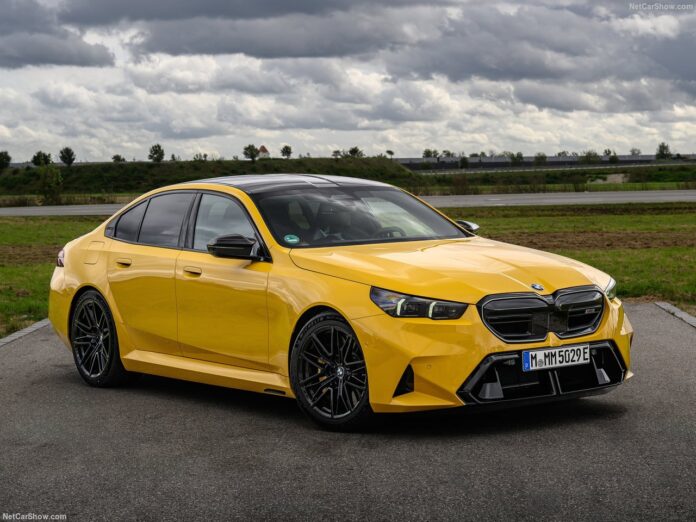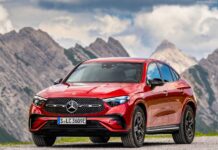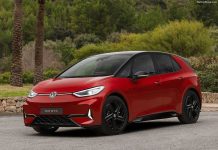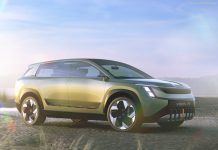Switzerland Car Market in 2025 stays on downward path. YTD sales up to November dropped by 3.7%, with Tesla reporting the worst performance and dropping out of the top 10. EVs defied the downturn, with Skoda growing 84.3% and becoming new leader.
Market Trend and Outlook
Following last year’s negative trend, the Swiss car market seems to be slowly curbing the downward trend. YTD sales up to November 2025 reached 205,976 units, down by 3.7% in year-on-year volume. Still, this marked an improvement compared to the previous months, where losses fluctuated around 8%.
Brand-wise, Volkswagen was the new leader with a 10.8% share (+6%), followed by Skoda -up 1 spot- in 2nd with 9.7% (+3.9%) and BMW -down 1 spot- in 3rd with 9.1% (-5.1%)
Mercedes ranked 4th (-6%), followed by Audi in 5th (-3.7%), Toyota in 6th (-11.9%) and Hyundai up 2 spots- in 7th (+5.2%).
Renault -up 2 spots- ranked 8th (+7.1%), followed by Dacia -up 2 spots- in 9th (+9.8%). Volvo -down 3 spots- closed the top 10 (-11.2%).
Looking at specific models, reported in the dedicated article, the Toyota Yaris became the new best-selling model despite a 4.6% year-on-year loss, followed by the Volkswagen Tiguan which grew 7.2%.
EV Market Trend and Outlook
The Swiss EV sector shows signs of resiliency, despite the broader automotive contraction. YTD sales up to November 2025 gained 17.3% to a share of 17.3%, thanks to a dense network of charging points and tight CO2 reduction targets. Still, removal of tax exemptions and broader stagnation dampened sales growth.
Skoda rose 1 spot and gain dominance, growing by 84.3%. Tesla fell 1 spot into 2nd and dropped by 39.3% while Volkswagen closed the podium, up 14.5%.
Medium-Term Market Trend
The Swiss auto market peaked in 2015 with 323,783 units sold, marking a 7.3% year-on-year increase. Sales then declined steadily until 2018, reaching 299,656 units, a 4.6% drop, due to market saturation, changing consumer preferences, and the early effects of stricter emissions regulations.
After a brief recovery, the market was hit hard by the COVID-19 pandemic, resulting in a 24% drop in sales. Despite some rebound, it remains below pre-pandemic levels. In 2022, sales hit a decade low at 225,867 units, then rose by 11.6% in 2023, only to decline again in 2024 by 5.1%, totaling 239,294 units. This was largely due to weak economic growth, lower consumer confidence, and ongoing supply chain issues.
Switzerland saw strong early EV adoption, spurred by government incentives and high household wealth. EV registrations rose rapidly from 2014 to 2020, reaching 15,000 units, and peaked in 2023 at around 35,000—a 25.6% increase. In 2024, however, EV sales fell 12.5% to 46,141 units. This was driven by the removal of tax breaks, limited affordable models, and insufficient charging infrastructure, particularly for renters.
Tables with sales figures
In the tables below we report sales for all Brands, top 10 Manufacturers Groups and top 10 Models.











